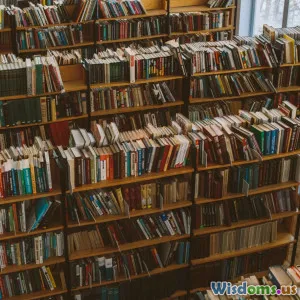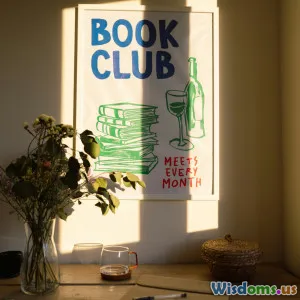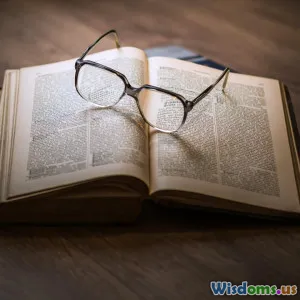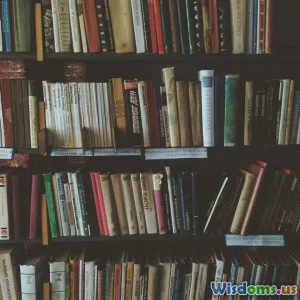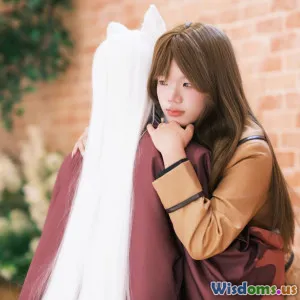
The Power of Storytelling in Modern Literature
5 min read Explore how storytelling shapes modern literature, connecting readers and writers through compelling narratives. (0 Reviews)
The Power of Storytelling in Modern Literature
Storytelling has been a fundamental aspect of human culture since ancient times. Today, it continues to resonate deeply within modern literature, evolving alongside societal changes and technological advancements. This article explores the power of storytelling in contemporary literature, its impact on readers, and its relevance in addressing today’s complex issues.
The Essence of Storytelling
At its core, storytelling is about connection. It allows us to share experiences, emotions, and thoughts in a way that resonates across time and space. In literature, a well-crafted story can evoke empathy, challenge perspectives, and inspire action. Narratives serve as mirrors reflecting society's values, struggles, and aspirations, making them powerful tools for both understanding and change.
Historical Context
Historically, storytelling has been a means of cultural preservation and education. From oral traditions to written texts, stories have conveyed morals, historical events, and societal norms. In the modern era, this tradition continues, but the methods and purposes of storytelling have evolved dramatically.
The Role of Storytelling in Modern Literature
Fostering Empathy and Understanding
One of the most significant benefits of storytelling in literature is its ability to foster empathy. When readers immerse themselves in a character’s journey, they gain insights into lives and experiences vastly different from their own. Books like The Kite Runner by Khaled Hosseini and The Hate U Give by Angie Thomas explore complex social issues through relatable characters, encouraging readers to empathize with those they might not normally understand.
Reflecting Cultural Shifts
Modern literature often mirrors cultural shifts and societal changes. For instance, the rise of diverse voices in literature has expanded the narrative landscape, allowing for a richer tapestry of stories that reflect various backgrounds, identities, and experiences. Authors like Chimamanda Ngozi Adichie and Ocean Vuong bring attention to themes of identity, migration, and belonging, challenging the traditional narratives that have dominated literature.
Engaging with Technology
The digital age has transformed how stories are told and consumed. E-books, audiobooks, and interactive narratives have changed the reading experience, making literature more accessible than ever. Platforms like Wattpad and Medium have democratized storytelling, allowing anyone with a tale to tell to share their work and reach audiences worldwide. This shift not only diversifies the types of stories available but also encourages new formats and styles of storytelling.
Contemporary Examples of Powerful Storytelling
- The Night Circus by Erin Morgenstern: This novel employs rich imagery and a nonlinear narrative to create a magical experience, showcasing the power of imagination in storytelling.
- The Underground Railroad by Colson Whitehead: Whitehead's reimagining of the historical Underground Railroad as an actual train system serves as a potent metaphor for the struggle for freedom, illustrating how storytelling can reshape historical narratives.
- The Testaments by Margaret Atwood: As a sequel to The Handmaid's Tale, this book explores themes of female empowerment and resistance, demonstrating how storytelling can continue to evolve and respond to current societal issues.
Conclusion
The power of storytelling in modern literature cannot be overstated. It connects us, teaches us, and challenges us to re-evaluate our views and understand others’ experiences. As we continue to navigate an increasingly complex world, the ability to tell and share stories remains a vital part of our humanity. Whether through traditional books, digital platforms, or other mediums, storytelling will continue to play a crucial role in shaping our culture and society for generations to come.
Final Thoughts
As readers and writers, we must recognize and embrace the transformative power that stories hold. By engaging with literature that challenges our perspectives and broadens our understanding, we contribute to a richer, more empathetic world.
Rate the Post
User Reviews
Popular Posts










